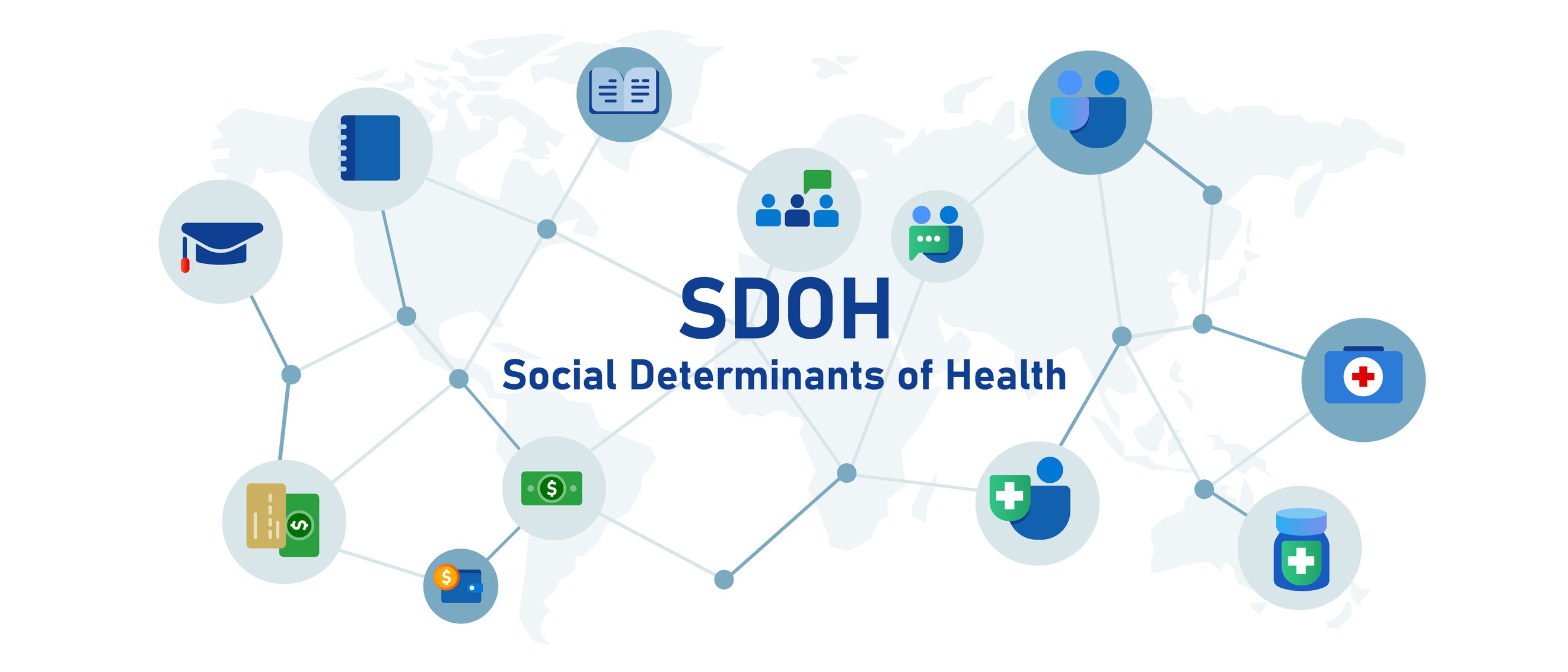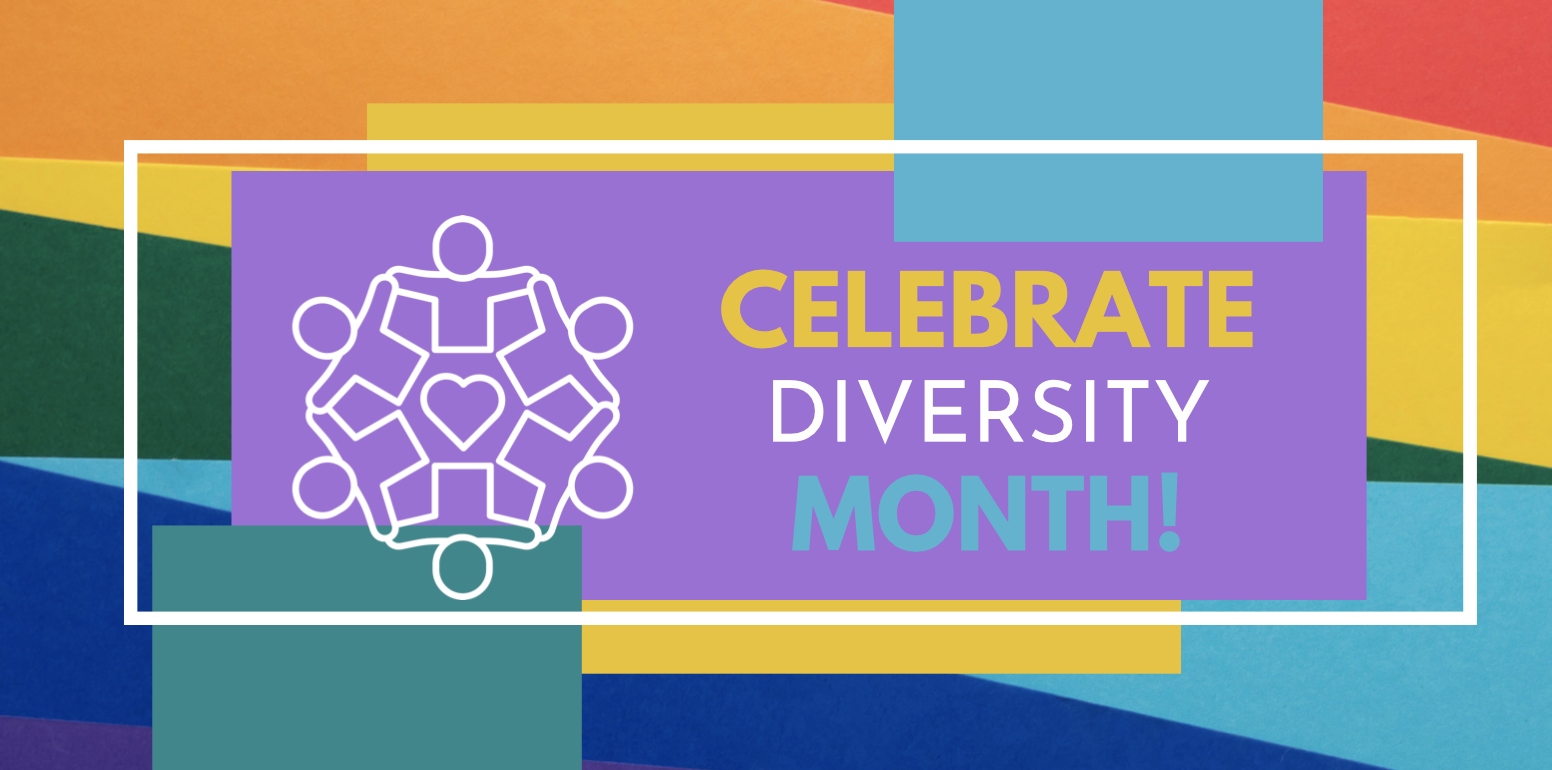From CNN

Many CNN commenters expressed skepticism about the so-called “pinkwashing” of October, echoing the sentiments of some women quoted in my recent article who don't feel connected to all of the awareness efforts.
KtinME writes that the color pink is particularly vexing to her because it has come to represent the commercialization of breast cancer awareness:
I criticized my hospital for using pink envelopes when mailing out mammogram results and was told in no uncertain terms that pink was the color of caring and compassion and that I obviously had issues with fear of breast cancer. I don't have a fear of breast cancer, but I will agree I have issues with the commercialism and complete co-opting of the color pink.
Pink envelopes with mammogram results are creepy. Pink shoes on football players are stupid. Pink merchandise is just plain silly. I used to like pink.
[…] a COLOR is meaningless when it comes to what cancer patients need and a COLOR is an easy way out for people to think they're being supportive of cancer awareness, cancer patients, and cancer survivors. How about instead we give them rides for their treatment, clean homes to come to, meals to eat, affordable access to medical care at home? How about we make sure their employers keep their jobs open for them? How about we make sure they have insurance now and forever? THOSE things would mean a lot more than sporting a pink bracelet or buying something pink. Enough with the pink!!!
Several readers such as Anthony Quatroni believe that “it’s all about money” – in other words, curing diseases isn’t as profitable as long-term treatments, so a cure will never be found.
But prattguy, self-identified as someone who works in medical research, pointed out that polio is a disease that was cured, yet foundations are still working to eradicate it worldwide.
Klur added that cancer is not one disease, it’s many diverse diseases even within a single organ. But there’s good news:
Many women who get breast cancer now survive to live a long and fruitful life thanks to advancements in cancer research. So, no, the reason for research investment is not greed!!! Furthermore, people who work in academia doing research are not getting rich- believe me- they are overworked and highly underpaid for the research that they dedicate their lives to.
Bschneid agreed, reminding fellow commenters that a lot of people dedicated to cancer research aren’t making such big profits:
Most cancer researchers do not make a lot of money, but are either cancer survivors themselves or have a loved one who has cancer or died of cancer. They have plenty of motivation. My husband, a cancer researcher, goes to work seven days a week while dealing with chemotherapy himself. To suggest that greed is the reason there is no "cure" for cancer is ignorant.
Some pointed out that other awareness months don’t get nearly as much attention. TexasRunner wrote:
This isn't a man vs. woman issue. September is National Prostate Awareness month but does it garner as much attention as the PINK does for breast cancer in October? No, it doesn't. Men deal with our own forms of cancer like prostate cancer and testicular cancer yet the drives to find a cure for those forms of cancer pale in comparison, usually because it hits a lower number for testicular cancer and for prostate cancer it happens at an older age. Do you not think men who have testicular cancer aren't aware of the jokes surrounding it?
So regardless of whether or not you like the slogans at least people pay attention and are aware and donate to find a cure.





